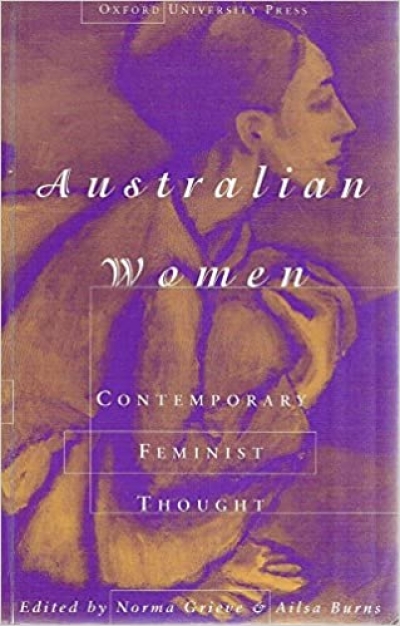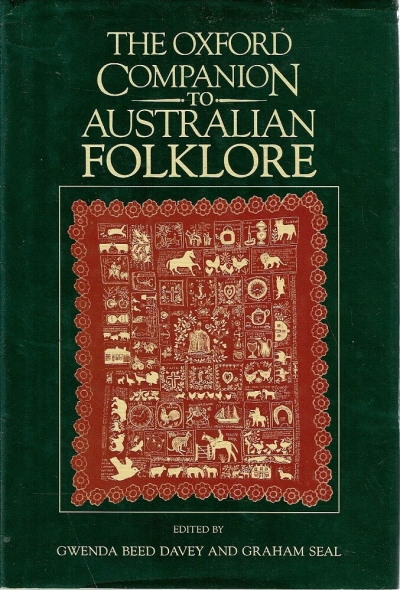Oxford University Press
Author! Author!: Tales of Australian Literary Life edited by Chris Wallace-Crabbe
Once an Australian: Journeys with Barry Humphries, Clive James, Germaine Greer and Robert Hughes edited by Ian Britain
The Oxford Companion to Australian Literature (Second Edition) edited by William H. Wilde, Joy Hooton, and Barry Andrews
Australian Women: Contemporary feminist thought edited by Norma Grieve and Ailsa Burns
I am enmeshed in criticism. Criticism defines and speaks me. I criticise, therefore I have a job. But criticism is a tricky business. It’s partial, changes from one time/place/person to another (as Jennifer Gribble acknowledges).
I’m not an expert on Janet Frame or Christina Stead (although I’ve included books by each on courses in the past) and my awareness of Peter Goldsworthy’s oeuvre is better but patchy. Like most university lecturers (I suppose), I read more reviews than actual books, although my preference is for the reverse. But with the vision of ABR’s editor as the bejewelled ringmistress conjured up in Gina Mercer’s book, I don my cap and bells, cry ‘Nuncle!’, and off I go into the hurricane.
... (read more)The Oxford Companion to Twentieth-Century Poetry in English edited by Ian Hamilton
The Oxford Companion to Australian Folklore by Gwenda Beed Davey and Graham Seal
John Hanrahan reviews 'A.D. Hope' by Kevin Hart, 'James McAuley' by Lyn McCredden, 'Peter Porter' by Peter Steele, 'Reconnoitres' edited by Margaret Harris & Elizabeth Webby, 'Annals of Australian Literature' edited by Joy Hooton & Harry Heseltine
Oxford University Press has begun a welcome series called Australian Writers. Two further titles, Imre Salusinszky on Gerald Murnane and Ivor Indyk on David Malouf, will appear in March 1993, and eleven more books are in preparation. Though I find the first three uneven in quality, they make a very promising start to a series. In some ways they resemble Oliver and Boyd’s excellent series, Writers and Critics, even being of about the same length. However this new series is less elementary, more demanding of the reader. It is, predictably, far sparser in critical evaluation, concentrating on hermeneutics, and biographical information is as rare as a wombat waltz.
... (read more)






